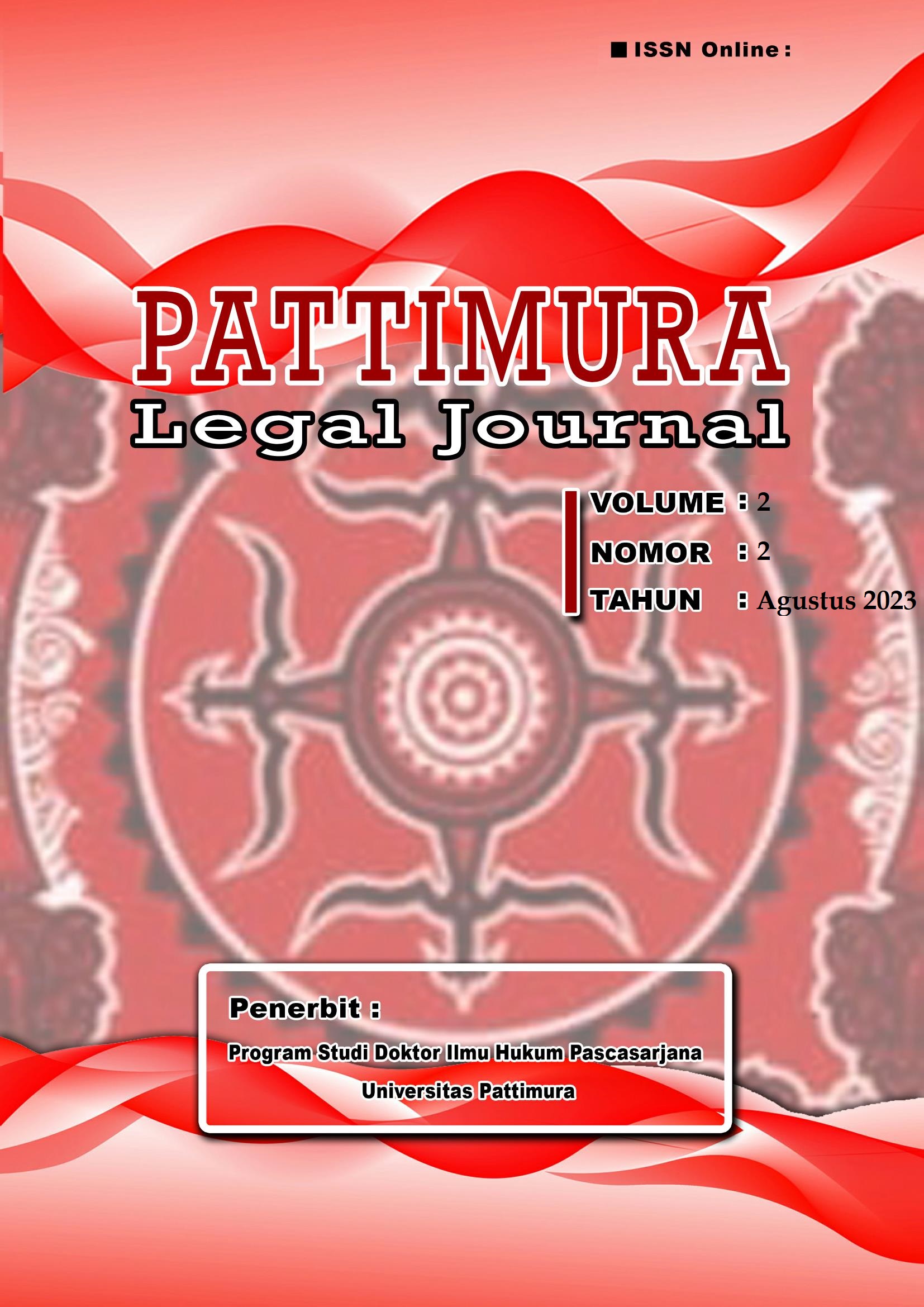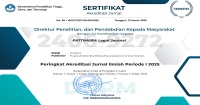Kebijakan Penanggulangan Prostitusi Online Melalui Media Sosial
Abstract
Introduction: The existence of a criminal law policy in an effort to combat online prostitution cannot be separated from the existence of cases of online prostitution in Indonesia.
Purposes of the Research: The current positive law regulations have not been able to tackle the crime of online prostitution through social media in Indonesia. So it needs to be reviewed in formulating criminal provisions relating to online prostitution to create a better arrangement in the future.
Methods of the Research: Type of research: normative juridical, the approach used is the statute approach, the conceptual approach, and the case approach. The sources of legal materials used are Primary Legal Materials, Secondary Legal Materials and Tertiary Legal Materials. The technique for reviewing and collecting primary, secondary and tertiary legal materials is to use documentation studies. The data analysis used in normative legal research is qualitative analysis
Results of the Research: Based on the results of the study, it was found that the concept of online prostitution prevention policies through social media can be overcome with feminist policies so that they can position women according to conditions with criminalization, legalization and decriminalization approaches by eliminating criminal acts of online prostitution through social media based on the socio-cultural background of the Indonesian people and state, while other approaches can also be considered as a policy concept for overcoming the crime of online prostitution through social media. The policy of overcoming the crime of online prostitution through social media has been integrated with criminal law because online prostitution through social media can be handled using criminal law outside the Criminal Code which has a special nature, namely Law Number 21 of 2007 concerning the eradication of criminal acts of trafficking in persons. the shortcomings of the Criminal Code, therefore in an effort to overcome the crime of online prostitution, policies are needed that can provide guarantees and protection to women as perpetrators of online prostitution with various policies and approaches born from socio-cultural values.
Downloads
Copyright (c) 2023 Roygers Samusamu, Jhon Dirk Pasalbessy, Sherly Adam (Author)

This work is licensed under a Creative Commons Attribution-NonCommercial 4.0 International License.
Authors who publish their manuscripts in this Journal agree to the following conditions:
- The copyright in each article belongs to the author, as well as the right to patent.
- Authors are able to enter into separate, additional contractual arrangements for the non-exclusive distribution of the journal's published version of the work (e.g., post it to an institutional repository or publish it in a book), with an acknowledgment of its initial publication in this journal.
- Authors are permitted and encouraged to post their work online (e.g., in institutional repositories or on their website) prior to and during the submission process, as it can lead to productive exchanges, as well as earlier and greater citation of published work.
- Authors have the right to self-archiving of the article (Author Self-Archiving Policy)






















